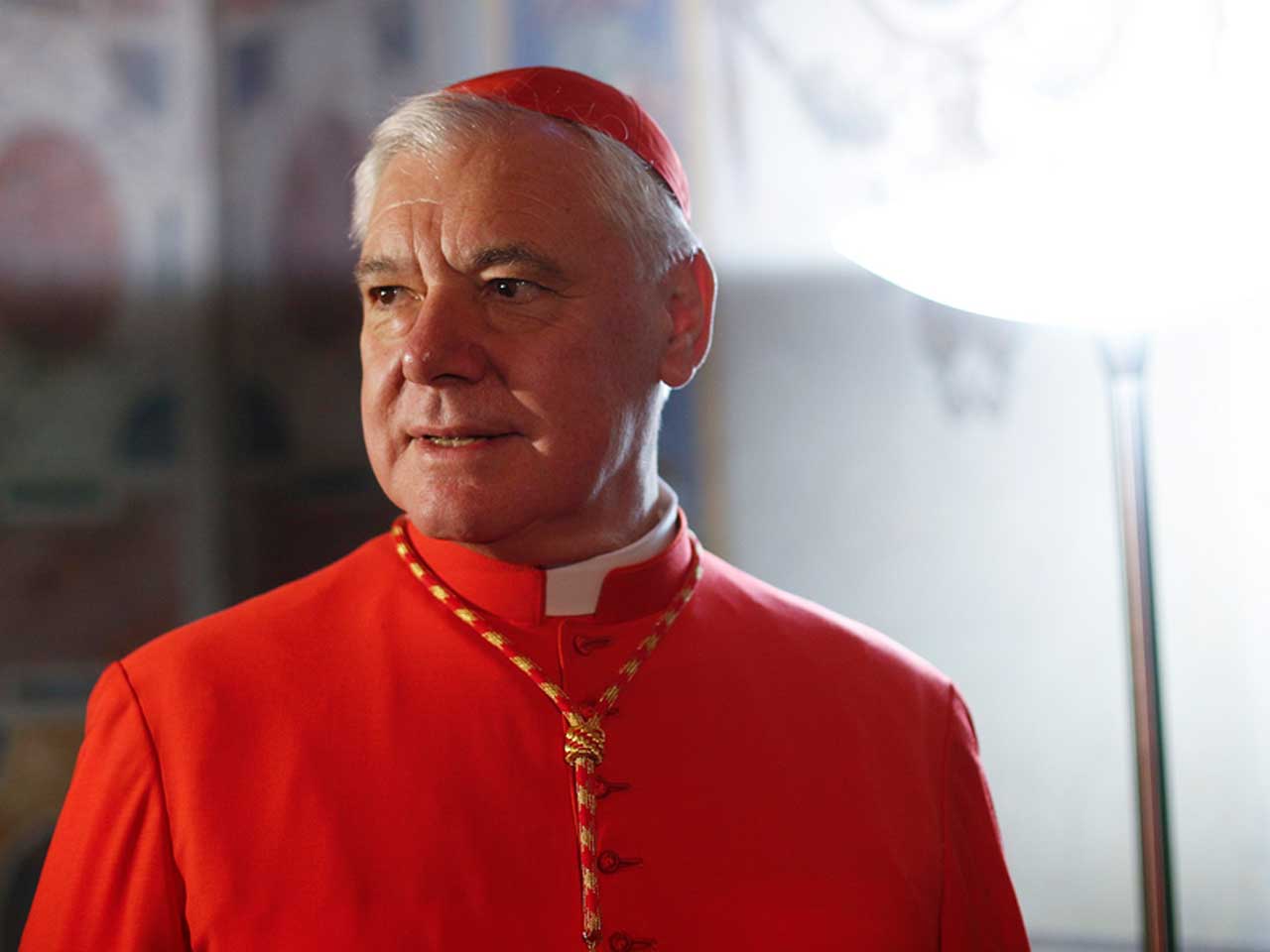At the time of the publication of the Dubia of the Four Cardinals, there was an additional report that Cardinal Gerhard Müller, Prefect of the Congregation for the Doctrine of the Faith (CDF), also received a copy. Like the pope, however, he has not responded. This fact has caused grave concern among faithful Catholics since they look to Müller as the defender of Catholic Doctrine.
Today, on 1 December 2016, Cardinal Müller has finally spoken. In an interview with the Austrian news website kathpress.at, the German cardinal explains that his Congregation speaks and acts “with the authority of the pope” and cannot “participate in the controversial dispute.” He thus will not answer the letter of the Four Cardinals. He sees here the “danger of a polarization.” Cardinal Müller also calls for an objective debate, away from any polarization. He warns against “heating up” the debate.
Then comes the important question put to him by kathpress as to whether the post-synodal exhortation Amoris Laetitia permits in some individual cases that “remarried” divorcees receive Holy Communion. According to kathpress, the cardinal does “not directly” answer this question. However, “he stressed that this document should not be interpreted in such a way as to indicate that earlier statements of popes and of the Congregation for the Doctrine of the Faith are not any more valid.”
Müller then explicitly refers to the official 1994 answer of the CDF to the three German bishops who had announced in a Pastoral Letter that they will permit that Holy Communion be given to the “remarried” divorcees. In this 1994 CDF Letter, then-Cardinal Joseph Ratzinger condemned this decision of the three German bishops. Cardinal Müller then also stressed that the “indissolubility of marriage has to be the unswerving doctrinal foundation for any pastoral accompaniment.”
In the same interview, Cardinal Müller denied the existence of a “struggle for power” behind the walls of the Vatican or the existence of any struggle between “reformers and those who try to put on the brakes.” For him, it is “about the victory of truth, and not about the victory of power.”
In his coverage of the story at EWTN, Deacon Nick Donnelly observes:
Though Cardinal Müller doesn’t come out and say it, his interview with Kathpress strongly implies that Pope Francis has told him that the Congregation for the Doctrine of the Faith must not reply to the four cardinals’ dubia on Amoris Laetitia. Having stated that the CDF will not get involved in the debate, his comment that the Holy Father could commission the CDF to settle the dispute ad hoc suggests a degree of frustration at having his hands tied.
During the interview Cardinal Müller signals as strongly as he can in the circumstances that he is on the side of the four cardinals who submitted the dubia to Pope Francis. He does this by going out of his way to emphasise that Amoris Laetitia must be interpreted according to the Congregation for the Doctrine of the Faith’s Letter to the Bishops of the Catholic Church concerning the reception of Holy Communion by the divorced and remarried members of the faithful (1994). This definitive reiteration of the Church’s magisterial doctrine on communion for the divorced and remarried was an explicit correction of the main architect of Amoris Laetitia’s “innovative” approach to the issue, Cardinal Kasper. Cardinal Müller has just stated categorically that Amoris Laetitia cannot introduce any change to the Church’s doctrine and pastoral practice.
Will the latest statement of Cardinal Müller, the highest authority after the pope with regard to the doctrine of the Faith, be sufficient to stop Pope Francis from encouraging and fostering potentially heretical pastoral and doctrinal decisions, as well as the laxer discipline, which are now already underway – such as in Argentina?


